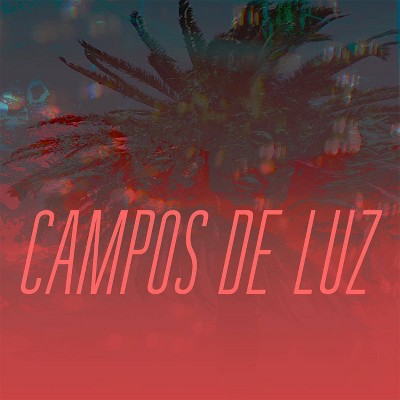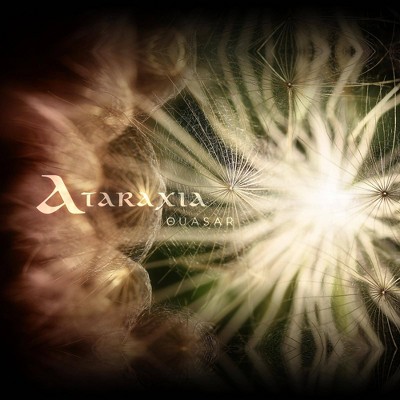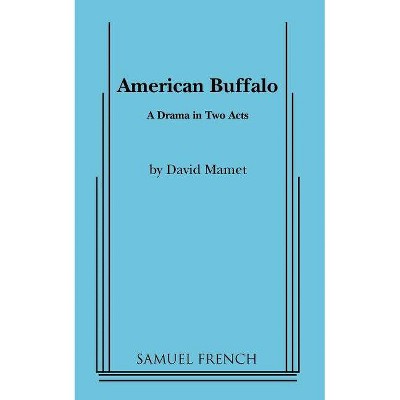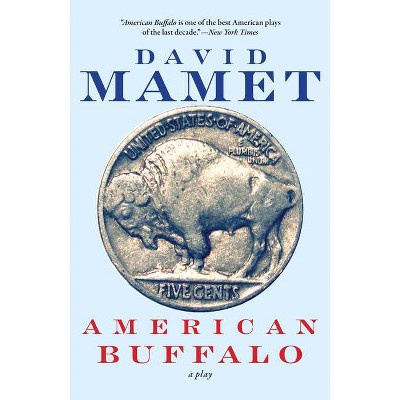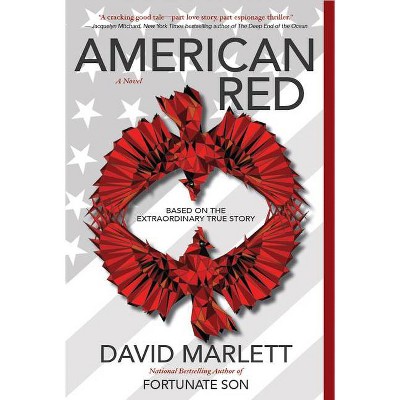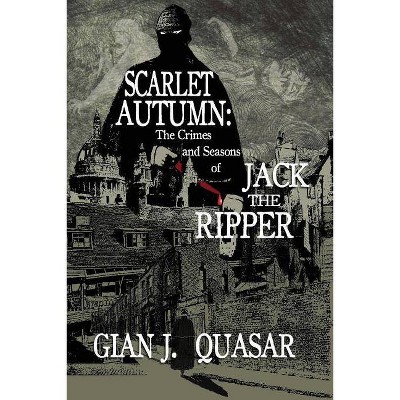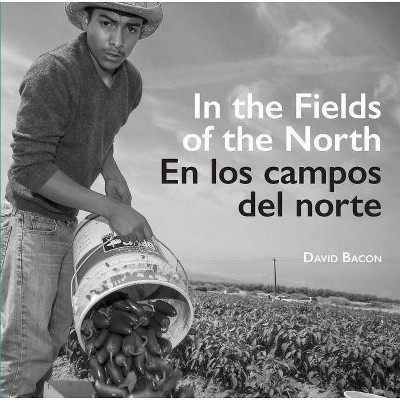American Quasar - by David Campos (Paperback)
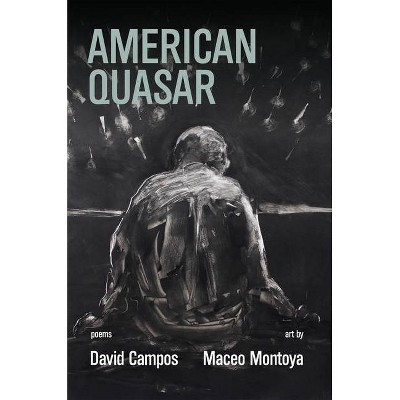
Similar Products
Products of same category from the store
AllProduct info
<p/><br></br><p><b> About the Book </b></p></br></br><p><strong><em>American Quasar</em>, a visual-textual collaboration, addresses personal and political trauma, the emotional craters left by family, and the ways in which one learns to love not only as son, brother, student, or lover, but from the space one occupies as citizen."</strong></p><p/><br></br><p><b> Book Synopsis </b></p></br></br><p><em>American Quasar</em> is a visual-textual collaboration between poet David Campos and artist Maceo Montoya. What began as an exploration of the precipice of violence evolved into an excavation of self, a deep meditation on how country, family, and trauma affect the ability to love. The images and words build a poetic space where the body is understood in both physical and celestial terms, giving a spiritual dimension to the collection's larger claim that the political is personal.</p><p/><br></br><p><b> Review Quotes </b></p></br></br><br><p>David Campos' <em>American Quasar</em> is a true force of collaboration that implores a new vision of exegesis with the renowned artist, Maceo Montoya. How can we love what hurts us, and how can we love the things we hurt? Here is a speaker kneeling in reverence to a god, a lover, or a self which we can acutely love and hurt at the same time. Set in the storied landscape of the California Central Valley, this book is an indictment of what America has burned or buried, and a document of all that has nonetheless survived in the ashes: the name of a distant father, the gravity of the past on our chest. Powerfully surreal and imagistic, Campos is a necessary voice both tender and unrelenting, a voice that is both wound and salve. How fortunate we are for the gifts of poet and artist at the height of their powers. <br>--<strong>Marcelo Hernandez Castillo, author of <em>Centzontle</em></strong></p> <p>"The apocalypse doesn't have to be violent. // The horsemen are mirrors." <em>American Quasar </em>looks in rather than out, registering the catastrophe of our times in the merest activities of our most intimate selves. It's a book of spiritual exercises, and its ruminations are ragged, memorable, desperate prayers. Notebook-like in the intimacy of their entanglement, the lyrics and images combine in dynamic and tender reflection. Campos' fierce, direct contemplations turn ordinary anxiety into dramatic and memorable gesture; Montoya's subtle but searing images frame human thought as embodied activity. Both text and image remind us that we exist vibrantly in those states of ambivalence, grief, and anger that we most fear: "What if the wreckage, / the carnage, the catastrophe, was your music?"<br><strong>--Katie Peterson, author of <em>A Piece of Good News</em></strong></p> <p> </p> <p>Featured interview in April/May Issue of <em>ShelfUnbound</em></p> <p>Featured in Words on a Wire</p> <p><em>American Book Review</em></p> <p>Reviewed in Rhino Magazine</p> <p>Reviewed in <em>North of Oxford</em></p> <p>Interviewed by Latinos Stories</p><br>
Price History
Cheapest price in the interval: 16.49 on October 27, 2021
Most expensive price in the interval: 16.49 on December 20, 2021
Price Archive shows prices from various stores, lets you see history and find the cheapest. There is no actual sale on the website. For all support, inquiry and suggestion messages communication@pricearchive.us
